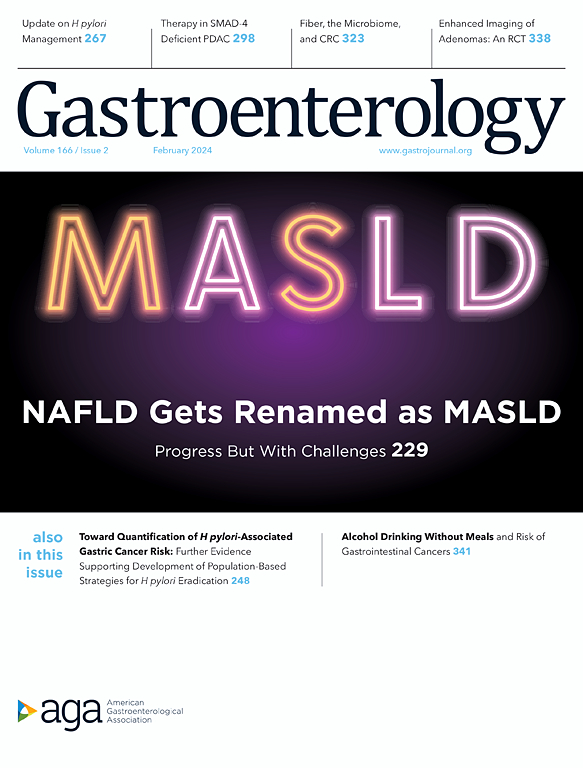人工智能在慢性肝病和肝移植中的作用
IF 25.7
1区 医学
Q1 GASTROENTEROLOGY & HEPATOLOGY
引用次数: 0
摘要
在肝病学中,实验室数据和临床特征的模式识别是临床护理的标志。人工智能(AI)工具,如机器或深度学习和大型语言模型,为促进护理进步提供了有趣的机制。数据的复杂性和多样性,以及遗传、环境和生活方式因素,都有助于临床医生直观地为肝病患者提供个性化建议。人工智能工具提供了在大量数据上进行训练的机会,并模拟了临床医生在决策过程中的潜意识思维过程。随着以肝病学为重点的人工智能的巨大增长,需要做出关键努力,考虑多中心的努力,并尽可能地收集无偏见的干净数据。将人工智能工具的前瞻性评估无缝集成到工作流程中,特别是通过临床试验,以及患者合作伙伴和临床利益相关者的参与,将是在所提供的个性化预测中建立信任的关键。在这篇综述中,我们深入研究了人工智能在肝病诊断、预后和治疗方面的应用。本文章由计算机程序翻译,如有差异,请以英文原文为准。
The Role of Artificial Intelligence in Chronic Liver Diseases and Liver Transplantation
In hepatology, pattern recognition in laboratory data and clinical characteristics is the hallmark of clinical care. Artificial intelligence (AI) tools like machine or deep learning and large language models provide interesting mechanisms for facilitating care advancement. The complexity and diversity of data, alongside genetic, environmental and lifestyle factors, all contribute to individualized recommendations intuitively made by clinicians for patients with liver disease. AI tools provide the opportunity to train on high volume data and simulate the clinician’s subconscious thought processes in decision-making. With tremendous growth in hepatology-focused AI, critical efforts are needed for considering multicenter efforts and enabling collection of clean data that is as free as possible of bias. Prospective evaluation of AI tools seamlessly integrated into workflows, especially through clinical trials, as well as patient partner and clinical stakeholder engagement will be key to building trust in the individualized predictions provided. In this review, we delve into the AI literature in hepatology for diagnostic, prognostic and therapeutic applications.
求助全文
通过发布文献求助,成功后即可免费获取论文全文。
去求助
来源期刊

Gastroenterology
医学-胃肠肝病学
CiteScore
45.60
自引率
2.40%
发文量
4366
审稿时长
26 days
期刊介绍:
Gastroenterology is the most prominent journal in the field of gastrointestinal disease. It is the flagship journal of the American Gastroenterological Association and delivers authoritative coverage of clinical, translational, and basic studies of all aspects of the digestive system, including the liver and pancreas, as well as nutrition.
Some regular features of Gastroenterology include original research studies by leading authorities, comprehensive reviews and perspectives on important topics in adult and pediatric gastroenterology and hepatology. The journal also includes features such as editorials, correspondence, and commentaries, as well as special sections like "Mentoring, Education and Training Corner," "Diversity, Equity and Inclusion in GI," "Gastro Digest," "Gastro Curbside Consult," and "Gastro Grand Rounds."
Gastroenterology also provides digital media materials such as videos and "GI Rapid Reel" animations. It is abstracted and indexed in various databases including Scopus, Biological Abstracts, Current Contents, Embase, Nutrition Abstracts, Chemical Abstracts, Current Awareness in Biological Sciences, PubMed/Medline, and the Science Citation Index.
 求助内容:
求助内容: 应助结果提醒方式:
应助结果提醒方式:


